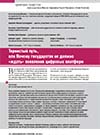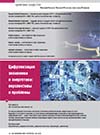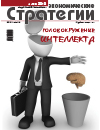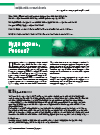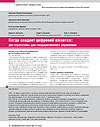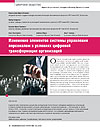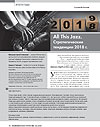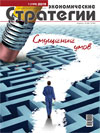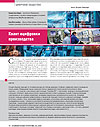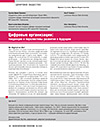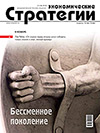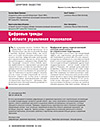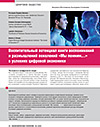Thorny Path or Why the State Should Not “Wait” for the Digital Platforms Advent
DOI: 10.33917/es-6.164.2019.106-113
Era of digital changes concerns everybody. Under the slogan of digitalization government bodies have begun implementation of national projects understood mainly as creation of GIS, infrastructure and electronic services. Big business, sensing new profitable opportunities, is trying its hand in building platforms and developing new technologies, gradually filling up the digital space and leaving less and less space for implementing the duties, assigned to state bodies by the Constitution, in new economic environment. At the same time, there is a growing expansion of “our Western partners”, especially in industry areas. Only small and medium-sized businesses remained aloof from digitalization — this segment of economy has simply got neither desire nor the capital. The state bodies’ operation according to old patterns, expectation that business will draft and develop everything on its own, and ministries and departments will only have to choose and promote the “best cases”, generating presentations on forums instead of real steps demonstrates confusion of our “digital leaders”, the lack of clear vision of the existing processes transformation and further development of public administration in the context of digital economy. We call your attention to an article that will reveal the approach to creating a new economic management model — state digital platforms. Described solutions are shown by the authors using the example of the transport and logistics complex of the Russian Federation



